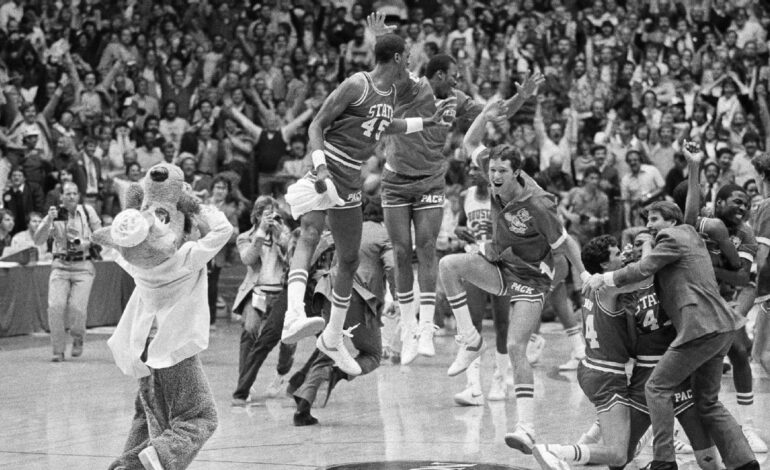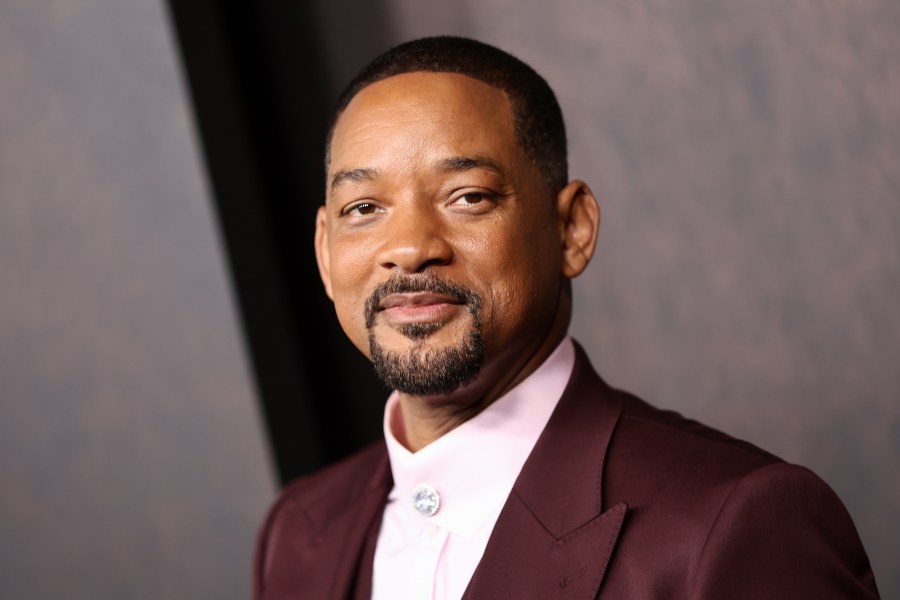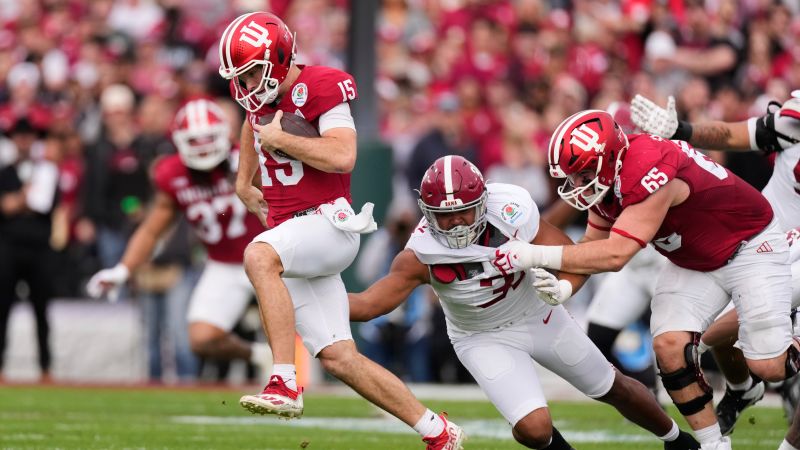Judge Dismisses 1983 NC State Team’s NIL Lawsuit Against NCAA

BREAKING: A North Carolina judge has just dismissed a lawsuit from the legendary 1983 NC State men’s basketball team, effectively ending their fight for name, image, and likeness (NIL) compensation. The dismissal comes as a significant blow to the champions, famously known as the “Cardiac Pack,” who captured national attention with their dramatic victories, including a nail-biting 54-52 win over Houston in the championship game.
The ruling was issued by Superior Court Judge Mark A. Davis, who stated that the players’ claims were “untimely” and barred by the federal Copyright Act. In his detailed 44-page order released today, Judge Davis confirmed that the lawsuit lacked sufficient legal grounds to proceed: “Dismissal of this action in its entirety is appropriate,” he wrote.
In June 2024, twelve players from the iconic team filed the lawsuit, seeking “reasonable compensation” for what they claim is the systematic misappropriation of their publicity rights over the past four decades. The lawsuit asserts that the NCAA and its affiliates have profited immensely from the Cardiac Pack’s historical victory, reaping “scores of millions of dollars” from their names and images.
Despite the setback, attorney Stacy Miller, representing the former players, expressed pride in their courage to challenge a system she claims exploits young athletes. “We are proud of these Cardiac Pack players who stood up in the national fight for justice,” Miller stated.
This legal battle follows a recent settlement approved in June, which promises nearly $2.8 billion in back pay for athletes who competed from 2016 onward, addressing lost NIL opportunities. However, neither Lorenzo Charles, who sealed the championship with a buzzer-beating dunk, nor Dereck Whittenburg, whose missed shot led to that iconic play, joined the lawsuit against the NCAA.
As this story continues to develop, it raises critical questions about the rights of college athletes and the NCAA’s role in their compensation. Watch for updates as more details emerge surrounding the implications of this ruling for athletes and the ongoing debate over NIL rights in college sports.






